Hackathon Vietnam 2014
Last weekend approximately 30 teams in Hanoi and 70 teams in Saigon competed locally in a Hackathon primarily organized by Silicon Valley VC firm Formation 8 in coordination with Hanoi-based incubator and consulting firm, 5Desire. In Saigon, the event was held at the National Academy of Public Administration and in Hanoi the event was held at the University of Science and Technology. Held over two days (Friday, August 1 and Saturday, August 2), the hackathon essentially served as a startup convention featuring guest speakers, presentation panels, and workshops. But the main hackathon portion itself consisted of 23 hours of coding as teams turned their wireframes, designs and visuals they had prepared earlier into prototypes or Minimum Viable Products (MVP).
The event in Hanoi culminated in two pitch sessions where teams presented their final products of the 23-hour hackathon to a panel of judges from 1:30 PM until 6:00 PM on Saturday with some brief breaks in between. According to the Hackathon Vietnam 2014 website, up to four member teams comprised of “any student, developer or technology enthusiast in Vietnam who [were able to] travel to Hanoi or Ho Chi Minh City on the day of the hackathon” attempted to examine one of the following themes:
• Connecting More With Mobile
• Social Networking across Regional Cultures
• Integrating Technology into Education
• Pushing Wearables into Everyday
• Spirit of Innovation
After the team presentations in Hanoi, Deputy Minister of the Ministry of Science and Technology Tran Viet Thanh was able to personally congratulate the winning teams. Another distinguished guest, Joe Lonsdale, Cofounder and General Partner at Formation 8 was present on Friday to speak to the hackathon participants. Mr. Lonsdale was previously in Vietnam earlier this year when he spoke at an event in Saigon in January.
The Teams and Products
We caught most of the presentations in Hanoi. For us, the most interesting product was Dicterious, “The English Studying App.” The UI was presented in a gorgeous flat design style and what we liked most about the app was that the game mechanics allowed the user to learn some English, learn some local history, and to have fun while doing so—all at the same time. At one point one of the judges stated that a serious English learner wouldn’t use an app like Dicterious and asked the team leader if it was primarily a learning tool or a game. The team leader responded that it was primarily a game but, in our opinion, it most resembles a learning tool with gamification elements.
Early on, one team’s mission was to “solve daily problems with social knowledge and photos.” Basically, the team was attempting to create a “knowledge flow” and have users contribute to the communal knowledge for a particular geographic area. There is especially a need for this kind of service for foreigners in Vietnam because there are a multitude of repeat postings on the two main Facebook expat groups, “Hanoi Massive” and “Expats in HCMC.” Most of these postings revolve around trying to find a suitable neighborhood to rent in, where to buy a particular foreign product, or asking for general help in some way. Surely there must be a more efficient way to organize repeatedly requested information for users to consume. Perhaps there is a potential business model in finding a way to phase out the same Facebook group posts over and over again via a social platform which can pair locals with foreigners for joint problem solving and cultural exchange.
Another interesting product was a bookmarker for maps. Yes, Google Maps has a save feature where you can “star” a location but after a while it can be hard to remember why you starred one place versus another. One of the prevalent features (although not unique) of Vietnam is that there are entire streets full of stores devoted to the same product or a similar range of products (lights, engines, bathroom furniture, etc.). So if a startup can find a way to organize, classify, and present that data to consumers (especially foreigners) then there might be a way to monetize that database. Perhaps the product or service can be as simple as a more accurate online map of Vietnam in terms of addresses with an overlay feature showing where there are clusters of similar stores across Hanoi or Saigon.
9Hug.com was another intriguing concept and upon reflection it or something along those lines could be a hit here. It’s a mobile social network application which gives you the ability to record a message for people you give a gift to. In a country (and most of Asia for that matter) where pictures of food and selfies are some of the most recorded media, perhaps the team is onto something. We can definitely see younger Vietnamese use this service to declare their affection for one another via video, which can then be uploaded to Facebook for the entire world to see.
The Winners and Prizes
The top three products were Voicepedia, Genius Kid, and Imaginator with the TT team (Voicepedia) winning the Hackathon and Genius Kid coming in second place. Coincidentally, both members of the TT team have the same name: Nguyen Duc Tam. There were also five honorable mentions for the teams that impressed the judges in one way or another.
Imaginator gave anyone (the team suggested teachers) the ability to create an online course. Perhaps they can tap into the growing popularity of Udemy and tailor the product to help content creators such as YouTube Stars establish new revenue streams.
Genius Kid, an edutainment app, had a nice UI and it looks like the well-presented art style might resonate with parents as well as children. If Vietnamese parents believe that the app will give their kids an advantage or will create “gifted children” at home then the Genius Kid app will be one step closer to being successful.
The winning team, TT, utilized text-to-speech technology in order to access Wikipedia articles. For their efforts, the winning team won a cash value of $11,500 which, according to the hackathon website, includes:
“A round trip for all winning team members to Silicon Valley to visit Formation|8 portfolio companies, Introduction to Silicon Valley’s top VC’s and Formation|8 portfolio companies. Dinner with Formation|8 team[.]”
The second place team won $750 and the third place team won $500.
The Takeaway
Overall, the event was a success—it was clear to see the enthusiasm of the teams when presenting, the judges were keenly interested in the presentations, and there were a number of compelling visions that were realized by the end of the hackathon. While not the first ever hackathon in Vietnam, or even the first bi-city hackathon in Vietnam, it was the biggest one yet. What mainly separated this hackathon from others before it was the high-profile organizers from the US and Vietnam as well as participation from members of Vietnam’s Ministry of Science and Technology.
However, there were a few disappointments. The pitches in Hanoi were mostly in Vietnamese, apparently due to a change by the judges in order to accommodate some of the more nervous teams. The fact remains that English is the language of business across most of the world and if any of the teams want to end up in Silicon Valley on a permanent basis then they will have to be comfortable pitching to potential investors in English. Also, the ending of the hackathon in Hanoi was rather abrupt. Of course, it’s understandable from the participants’ perspectives–and they must have been exhausted by the end of the 23-hour hackathon, but it would have been nice to speak to the teams at the end or to make some connections between the participants and attendees. After all, there was at least one Fortune 20 company representative in the crowd who was actively scouting startups in the region (and others in the crowd who were recruiting).
Going forward, it will be interesting to see how often events like this one will take place in Vietnam now that it has been done at this scale. The startup community in Vietnam has had its ups and downs with more of the latter lately as signaled by the closing of co-working space Saigon Hub earlier this year. More local events such as hackathons and other community-building activities are needed to continue to drive the startup community in Vietnam in a positive direction, i.e., to raise the local standards to a global level. Ultimately, the hackathon was a watershed moment for the startup community in Vietnam—now it will be up to the entrepreneurs, coders, and technologists to keep the momentum going in the months ahead.
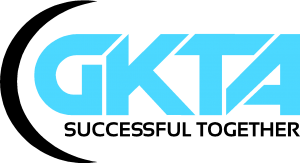
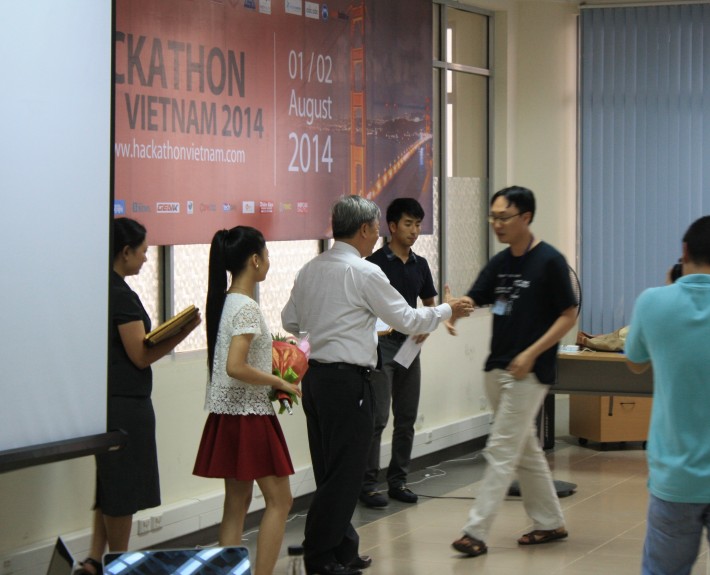













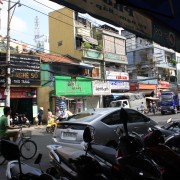
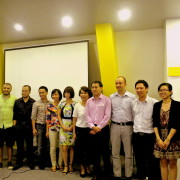
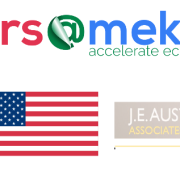

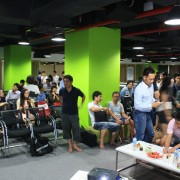



Trackbacks & Pingbacks
[…] 2, Vietnam’s Independence Day, (after five years of construction) and Formation 8 sponsored a bi-city Hackathon, demonstrating that there is continued interest in the growing startup ecosystem in Vietnam from […]
Comments are closed.